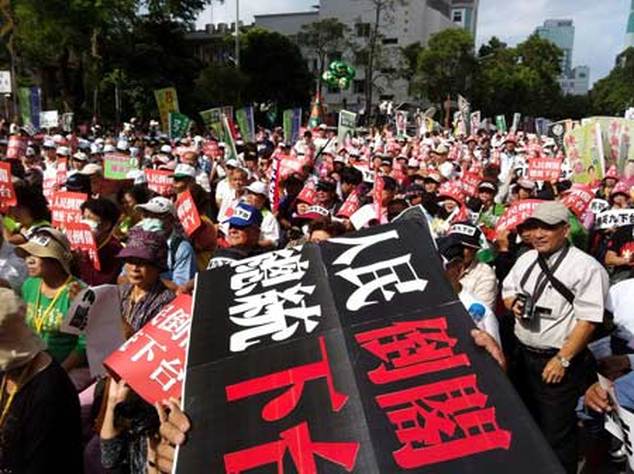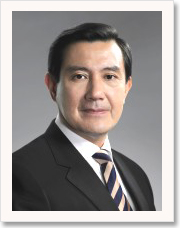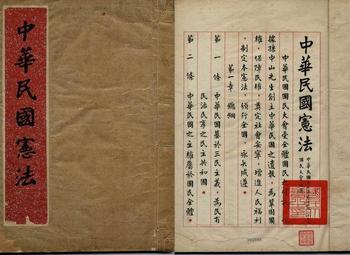 Jianhai Lin
Jianhai Lin The Stanford Center for International Development (SCID) has established a Memorial Award and Lecture Series to celebrate the life and accomplishments of Dr. Kuo-Shu Liang, who was Governor of the Central Bank of Taiwan, 1994 – 95. [The official announcement has these years wrong; Dr. Liang was vice governor of the Central Bank from 1975-1979, not governor.]
The third bi-annual event will take place at Stanford on Monday, April 28, 2014, 4:30-6:00pm. Dr. Jianhai Lin, Secretary of the Fund and the International Monetary and Financial Committee, will be the invited recipient of the Kuo-Shu Liang Award and will deliver the Kuo-Shu Liang Memorial address, entitled "Global Economic Landscape and Challenges." The event page is here.
Jianhai Lin is the Secretary of the Fund and the International Monetary and Financial Committee. He oversees the Secretary's Department that has operational responsibility for the 24-member Executive Board, and serves as the official contact point of the IMF's 188 member countries on institutional matters, including work of the Board of Governors. The Secretary's Department also organizes Spring and Annual Meetings, and is the creator and custodian of the IMF's official record.
A Chinese native, Mr. Lin was appointed to his current position in March 2012. He previously served in senior positions in the Secretary's, Finance, Policy Development and Review, and Asian and Pacific Departments. During his IMF career, he has worked across a wide range of country, policy, and administrative issues.
Mr. Lin studied at the University of International Business and Economics in Beijing, China, and the University of California at Berkeley, and earned his doctorate from the George Washington University. Before joining the Fund, he worked in the financial sector and academia.






 RSS Feed
RSS Feed
